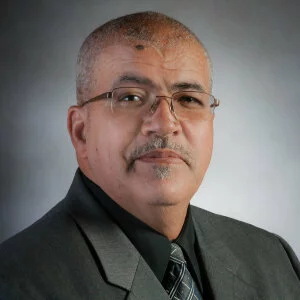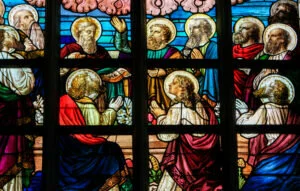Recently, I had a conversation with one of my sons who works in the realm of public policy engagement. The focus of our discussion was how Christians should engage public debates particularly as it relates to values and convictions. We both agreed that convictions could be shared in public debate though tempered with wisdom that would then form the way these convictions were expressed.
I had a greater concern for the realms of definitions and values, particularly as they relate to what shapes them in the public sphere and what should shape them. My son and I have more to discuss, but I was insistent that even in “public” discourse, someone, or some people, are shaping the discussions through definitions, assumptions, and values that often go unexplored in terms of where these determinants originate. We did agree further that the church needs to model the ideals it would like to see concretely in any sociocultural setting.
Throughout the course of the past year or so, I have been reflecting on the idea of forgiveness and restoration related to biblical guidelines here at Sapientia. It would be difficult to actualize these ideals in a secular state, but the church could have greater impact through giving attention to an internal matter of the soul that could then be externally manifested in numerous ways.
I have been blessed and greatly informed by J. Brian Benestad’s work, yet unpublished, offering a Roman Catholic view on the church and politics. It is a part of Augustine believed that in order to have justice, the souls of the citizens must be properly ordered.a larger work surveying how some church traditions respond to the political realm and why. Because there is so much emphasis on matters such as justice, achieving rights, the present impact of racism, and many others in the present, Benestad’s incorporation of Augustine helped me to identify how the church can still dramatically impact our sociocultural setting in shaping public thought.
Augustine believed that in order to have justice, the souls of the citizens must be properly ordered. If there is no justice in the souls of people, there would be no justice insured in any area of society. He brings together the nature of the ordered soul and the prospects of justice in a given setting in the following section from his City of God (19:21; 379):
When a person does not serve God, then, what justice are we to think there is in him? For, when the soul does not serve God, it can by no means rule the body justly, nor can reason rule the vices justly. And, if there is no justice in such a person, it is beyond doubt that there is no justice in a human gathering that is made up so such persons.
Though Augustine’s primary argument in this section had much to do with what constitutes a republic and that justice must be a primary characteristic of a true republic, the point could still speak to the church. The church cannot forcibly “Christianize” this country, but in all of the church’s relationships, members could trust God for manifestations of an “ordered soul.” These relationships should incorporate business dealings, involvements in the arts, service to communities, and the political realm.
At the risk of sounding like a clanging cymbal, the church can always demonstrate an ordered soul through how we treat one another. As we more consistently “give each other our due,” the watching world may give more attention when we speak on such matters as values and justice. Through our Holy Spirit empowered modeling we may infuse more Jubilee-like life into our social fabric.








Comments
Be the first one to make a comment!